4 years sober + 4 tips for sobriety without AA Matt Hunt

No, there are numerous alternatives to AA including self-help approaches, getting sober without aa professional counseling, and medication-assisted treatment. A strong support system can be the key to successful sobriety, and those in recovery can draw on family, friends or peers for emotional backing. Whether it’s family, friends, or peers, having people who understand what you’re going through can provide the emotional backing needed to overcome obstacles. Bear in mind that dealing effectively with relapses isn’t just about bouncing back after each setback – it’s equally vital to continually refine strategies based on lessons learned from previous experiences.
Why Choose a 12-Step Alternative?
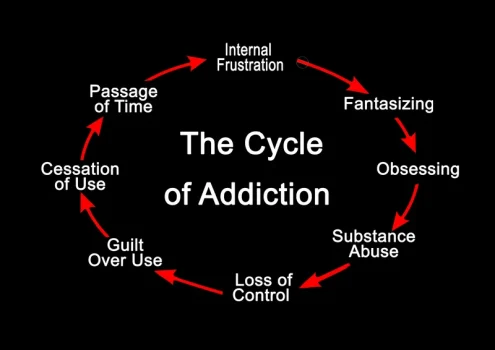
Although the need for alcohol and drug treatment among this population is high, very few receive services during or after their incarceration. Housing instability has contributed to high reincarceration rates in California, with up to two-thirds of parolees are reincarcerated within three years. In a study of women offenders released from jails in New York City 71% indicated that lack of adequate housing was their primary concern. If you expect only mild withdrawal symptoms, are good at sticking to new routines, have a tight budget and a busy schedule, and have a supportive environment, you might do perfectly well quitting without rehab.
What Is Alcohol Dependence?
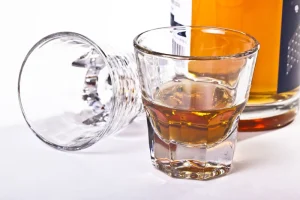
This article discusses the meaning of sobriety https://ecosoberhouse.com/article/why-do-alcoholics-crave-sugar-in-recovery/ and arms you with information and strategies to smooth—and stay on—your path to wellness. After failed attempts at sobriety by myself, group networks, and even other facilities, I found the facility, staff, and program that suited me. Then, I was even more impressed by the approach and quality of treatment. I later realized that the amenities, staff, therapists, and themes were part of a culture. A gratitude journal is an excellent way to shift your mindset from one of negativity to one of positivity.
The Effects of Mixing Diuretics & Alcohol
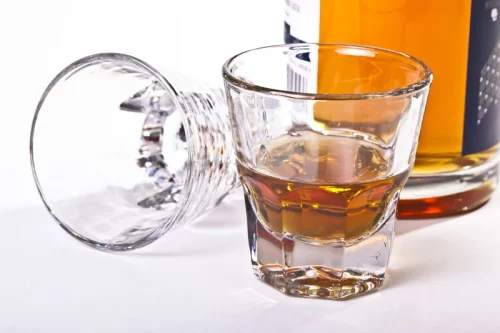
At Sober Sidekick, we are dedicated to connecting you with this community, providing an anonymous and empathetic space for support and encouragement. Remember, recovery doesn’t only mean abstaining from alcohol; it also involves rediscovering happiness, peace, and emotional stability in your life. This journey includes building resilience, developing healthier coping mechanisms, and practicing self-care. You are not merely leaving behind alcohol; you are moving towards a healthier, happier you. Once you have acknowledged the drinking problem and feel ready to embark on your recovery quest, there are a number of paths you can take that offer support along the way.
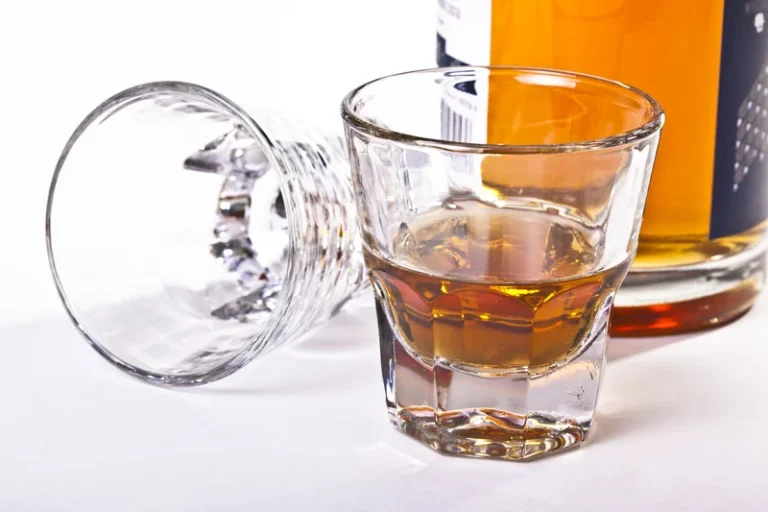
Some people need a regular, predictable schedule to stick with change or establish new habits. Accountability can also be essential—knowing that someone else is paying attention to how much you are drinking motivates you to stick to your goals. There are other ways besides traditional rehab to find this structure, but if you really need someone to hold you to a routine in early recovery, a rehabilitation program might be your best bet. While it has taken some time to catch on, anti-craving medication is an increasingly popular way to treat alcohol use disorder. It’s best taken with some form of supervision, but there are approaches, such as the Sinclair Method, that can be effective outside of the structure of a rehab center.
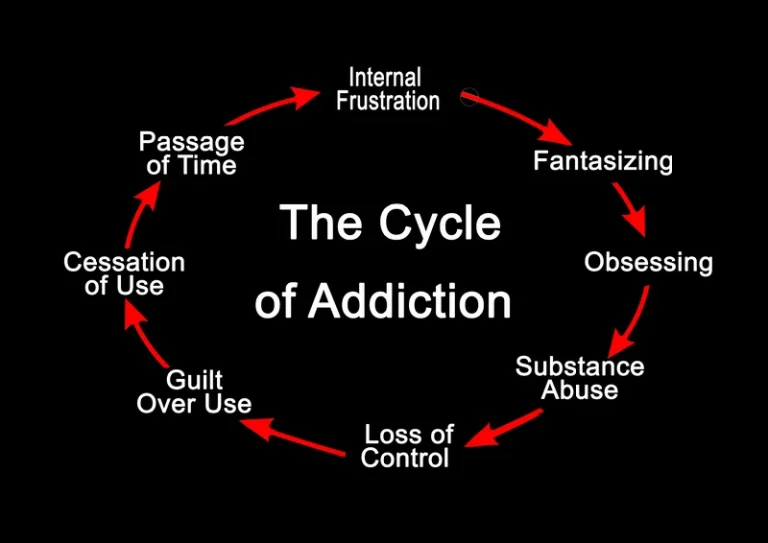
What Is Sobriety, Anyway?
- Your cravings might seem strong at first, but they’ll decrease in power the longer you ignore them.
- By seeking help, exploring alternatives, and using the right tools, you’re taking control of your health and stepping onto the path of recovery.
- This can help you move forward more quickly, and makes it easier to focus on behavior change or establishing new habits.
- Loosid, a sober social network, was built with the idea that sober living is often tough.
- There were no significant differences within either program on outcomes among demographic subgroups or different referral sources.
Our work on identifying and describing these residents with worse outcome is continuing. Work events, celebrations, family gatherings, and the like can all bring you into contact with people who don’t know you are sober yet, and who may pressure you to drink. It’s important to have some good excuses handy for these situations, some strategies for deflecting attention, and even an exit plan.
- Recognition of the importance of one’s living environment led to a proliferation of inpatient and residential treatment programs during the 1960′ and 70’s (White, 1998).
- Whitaker attempted to keep her difficulties under wraps as she worked a high-profile job in health tech, but eventually it all became too much and she decided to get help.
- Anger is a normal and natural emotion, but how you deal with it will make a difference in maintaining your recovery.
- Other definitions, however, focus on the process of recovery and coping habits that support health and wellness over the long term.
This way, you’ll become increasingly adept at navigating obstacles encountered along the road toward long-term sobriety. Detoxification, or ‘detox’, is the process of eliminating harmful substances accumulated through prolonged alcohol consumption. It’s the first step towards recovery, preparing your body for further treatment. Sober living programs are a great alternative for those seeking a structured environment to support their recovery.
